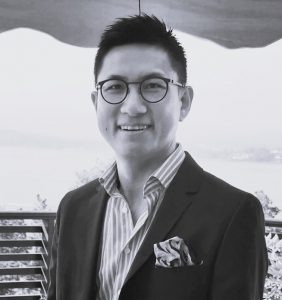
Biao He is a PhD researcher affiliated with the University of Tartu in Estonia, contributing to the ECePS ERA Chair in e-Governance and Digital Public Services, a research team funded by the EU Horizon 2020 program. He is currently based at OsloMet and affiliated with the Centre for Digitalization, Culture and Society (CEDIC). His broader research interests span e-government, digital accessibility, Chinese local governance, disability policy, and public administration.
«My main research seeks to identify factors influencing variations in the implementation of digital accessibility policies by local governments in China,» Biao explains. These policies, designed to improve access to digital services for elderly individuals and people with disabilities, among other things, are developed at the national level but often implemented differently across local regions. His project primarily examines policies introduced since 2020, though accessibility regulations in China date back to the 1990s.
Before pursuing his PhD, Biao worked as a research assistant on China-Norway collaboration projects for Rune Halvorsen (co-director of CEDIC), who is now one of his PhD advisors.
Biao has already published two papers as part of his thesis, with a third revised and accepted, a fourth under review, and a fifth in progress. «In total, three papers will be included in my PhD thesis,» he notes. Each paper explores different facets of his research: the first is a case study focusing on specific factors influencing local government policy implementation; the second compares two cases to highlight regional differences; and the third examines relationships between various influencing factors.
Reflecting on his PhD journey, Biao acknowledges both progress and challenges. «The timeframe has been stressful,» he says. With funding set to end in August 2025 and additional papers to complete, the pressure is intense. The unpredictable nature of the publication process adds to the challenge: «You never know exactly when an article will be accepted and published.» Nonetheless, his progress remains steady. Unlike the typical three-year PhD programs in Norway, his contract spans four years, reflecting the University of Tartu’s standard.
In addition to his core PhD work, Biao continues to refine a sixth paper that predates his doctoral research. «It’s a project I started as a research assistant, but it was initially rejected. Once I began my PhD, I had little time to work on it,» he shares. Still, he revisits the paper whenever possible, determined to see it through to completion.
